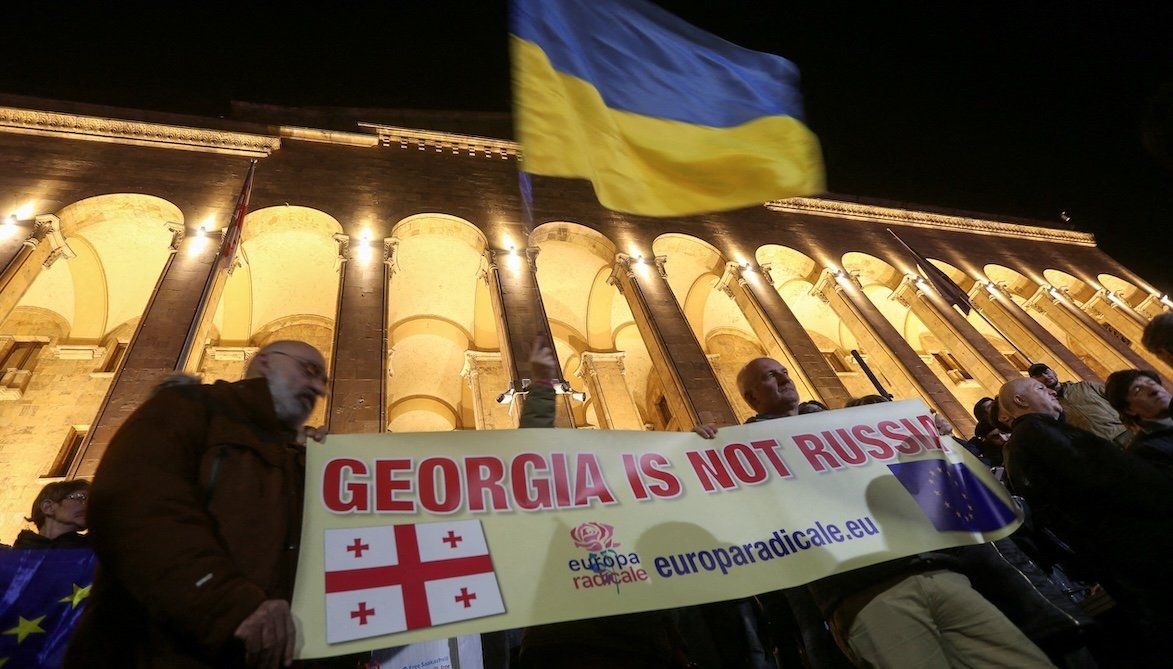1,000s: “They stole your vote and tried to steal your future,” Georgian President Salome Zourabichvili told pro-EU supporters on Monday, urging fellow citizens to take to the streets following the ruling pro-Russian Georgian Dream party’s declared victory in Sunday’s election. Exit polls had offered conflicting trajectories on who would win. By late Monday, tens of thousands of protesters were pouring out onto the streets of Tbilisi to fight for Georgia’s democracy and future.
3: German auto giant Volkswagen, struggling amid weak sales and a slower-than-expected EV expansion, is hitting the brakes on three factories within Germany — the first time in its 87-year history the company has shuttered a plant in Deutschland. The move coincides with plans for layoffs and pay cuts of up to 18% with a two-year pay freeze.
5%: The number of Chinese kindergartens dropped by more than 5% in China last year – pupil enrollment dropped by 11% – owing to the country’s negative population growth. While there were 289,200 kindergartens in 2022, by last year that number had fallen to 274,400, according to China’s Ministry of Education. Some of the facilities were converted into senior care centers to help serve the country’s aging population.
1.06 million: Uruguay is heading for a presidential election runoff next month after no candidate received more than 50% of the vote in
the first round on Sunday.
Yamandú Orsi, a center-left candidate who’s a two-time mayor and former history teacher, came away with 1.06 million votes. Meanwhile,
Álvaro Delgado, the center-right ruling party’s candidate, received 644,147 votes – ahead of the third-place candidate,
Andrés Ojeda, who received 385,685 votes. The South American country stands apart from its neighbors, and much of the world, in avoiding highly divisive politics and conducting an election typified by civility.
